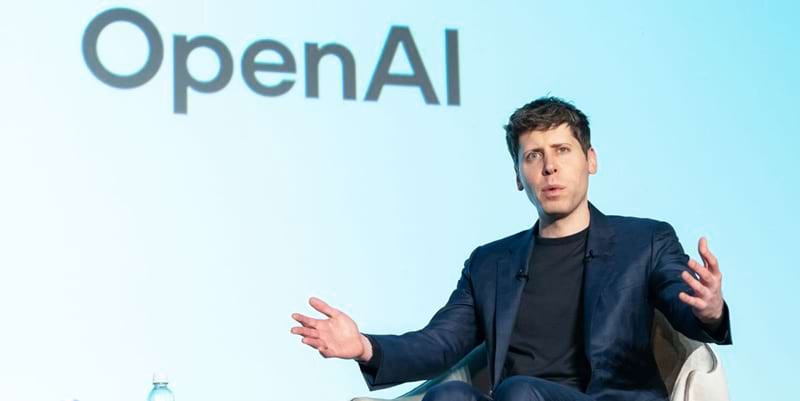
OpenAI sets goal to create an AI researcher by 2028
OpenAI CEO Sam Altman has revealed an ambitious plan to build a fully automated “legitimate AI researcher” by 2028. The announcement came during a livestream event on Tuesday, where Altman also confirmed the company’s structural shift to a public benefit corporation.
This new structure will allow OpenAI to raise more funds and scale its infrastructure, while still maintaining its focus on responsible AI development.
From intern-level to independent AI researcher
According to Altman, OpenAI is already tracking progress toward an “intern-level AI research assistant” by September 2026. Chief scientist Jakub Pachocki explained that the goal is to develop an AI system capable of managing large-scale research projects on its own.
He described this AI researcher as a system that can autonomously deliver scientific work — not a human studying AI, but an AI performing real research tasks.
A bold path to superintelligence
Pachocki also said that deep learning systems might be less than a decade away from superintelligence — a level of intelligence surpassing humans across most key areas.
To reach that stage, OpenAI plans to expand algorithmic innovation and dramatically scale “test time compute” — the duration a model spends reasoning through complex problems.
Currently, OpenAI’s models can handle tasks with about a five-hour time horizon, performing at par with top human contestants in math competitions. Pachocki believes extending this horizon will bring AI closer to making major scientific breakthroughs.
He suggested that in the future, entire data centers could be dedicated to solving a single scientific problem, speeding up discovery across fields like medicine, physics, and technology.
Infrastructure and funding for scientific AI
OpenAI’s restructuring supports its AI research and safety initiatives while enabling large-scale infrastructure investments. Altman said the company has committed to building 30 gigawatts of AI infrastructure, representing a $1.4 trillion investment in the coming years.
The non-profit OpenAI Foundation will own 26% of the for-profit entity and direct scientific priorities. It will also manage a $25 billion fund focused on using AI for disease cures and global research efforts.
Altman emphasized that this structure provides a balance — allowing OpenAI to grow rapidly while ensuring safety and long-term social benefit remain central to its mission.
AI to accelerate scientific discovery
OpenAI’s ultimate goal is to enable AI systems to make discoveries faster than human researchers. These advanced models could eventually tackle problems beyond current human ability and drive progress in industries ranging from healthcare to energy.
As the race toward AI-driven research accelerates, OpenAI’s vision marks a major step toward an era where artificial intelligence might not just assist in science — but lead it.
